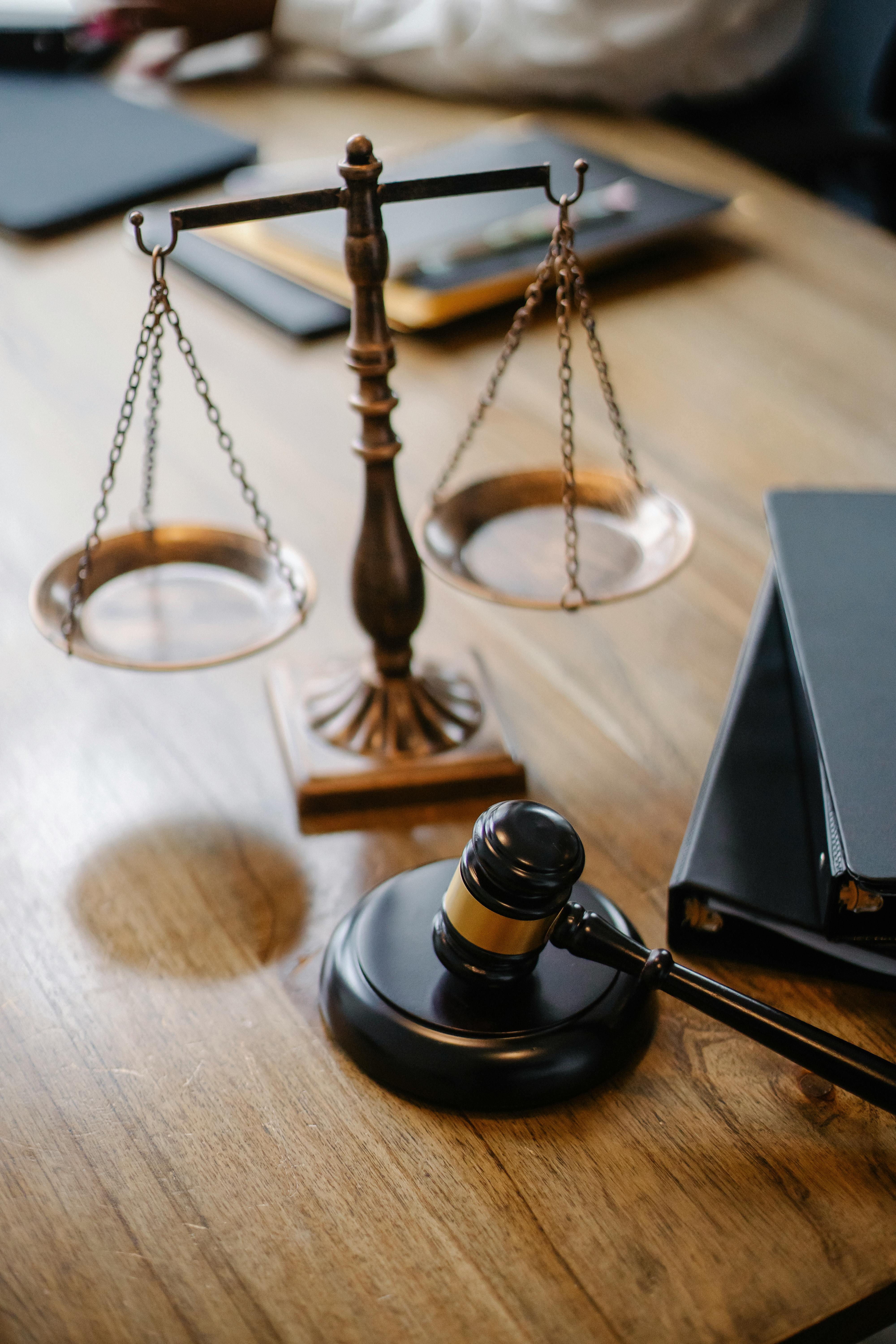 Photo from Pexels
Photo from Pexels
Originally Posted On: https://bippermedia.com/everything-you-need-to-know-about-florida-dui-laws/
Did you know over 30,000 people are arrested for driving under the influence in Florida? If you or someone you know has been convicted with a DUI charge, you’ll need to know specific terms and consequences of the charge.
This article will elaborate on the specifics of Florida DUI laws and what happens if you’re convicted for a DUI.
What is a DUI Charge?
Under Florida law, you can be convicted of a DUI charge for having imparied movement of normal facilities or having a blood alcohol or breath alcohol level (BAL) of 0.08 or above. The penalties for a DUI charge are the same regardless of if your blood alcohol levels are too high or if you exhibit impaired movement.
What are the Penalties for a DUI Charge?
The charges for a DUI differ depending on whether it’s your first, second or fourth offense.
First Offense
If it is your first time being convicted of a DUI offense, you can expect:
- A minimum fine of $500 and a maximum fine of $1,000. If you had a BAL level of .15 or higher or if there was a minor in the vehicle, you can expect a minimum fine of $1,000 and a maximum fine of $2,000.
- Imprisonment for a maximum of 6 months. If you had a BAL level of .15 or higher or if there was a minor in the vehicle, you can expect a maximum of 9 months imprisonment.
- Your driver’s license will be revoked for a minimum of 180 days and maximum of 1 year if there are no bodily injuries to others, or a minimum of 3 years if there are bodily injuries to others.
Second Offense
If it is your second time being convicted of a DUI offense, you can expect:
- A minimum fine of $1,000 and a maximum fine of $2,000. If you had a BAL level of .15 or higher or if there was a minor in the vehicle, you can expect a minimum fine of $2,000 and a maximum fine of $4,000.
- Imprisonment for a maximum of 9 months. If you had a BAL level of .15 or higher or if there was a minor in the vehicle, you can expect a maximum of 12 months imprisonment. If your second conviction was within 5 years of a previous DUI conviction, you must serve 10 days in jail.
- If your second conviction is after 5 years of a previous DUI conviction, the same driver’s license revocation rules for the first offense apply. If your second conviction is within 5 year of a previous DUI conviction, your driver’s license will be revoked for a minimum of 5 years. You can apply for hardship reinstatement after 1 year.
Third Offense
If it is your third time being convicted of a DUI offense within 10 years from the second offense, you can expect:
- A minimum fine of $2,000 and a maximum fine of $5,000. If you had a BAL level of .15 or higher or if there was a minor in the vehicle, you can expect a minimum fine of $4,000.
- Mandatory imprisonment for at least 30 days.
- Your driver’s license will be revoked for a minimum of 10 years. You can apply for hardship reinstatement after 2 years.
If it is your third time being convicted of a DUI offense after 10 years from the second offense, you can expect:
- A minimum fine of $2,000 and a maximum fine of $5,000. If you had a BAL level of .15 or higher or if there was a minor in the vehicle, you can expect a minimum fine of $4,000.
- Imprisonment for a maximum of 1 year.
- The same driver’s license revocation rules for the first offense apply.
Fourth or Subsequent Offense
If it is your fourth time being convicted of a DUI or any convictions following, you can expect:
- A minimum fine of $2,000. If you had a BAL level of .15 or higher or if there was a minor in the vehicle, you can expect a minimum fine of $4,000.
- Imprisonment for a maximum of 5 years or as stated in Florida statute 775.084.
- Your driver’s license will be revoked permanently. You can apply for hardship reinstatement after 5 years. If you are incarcerated, the 5 year mark will begin after your sentence is over.
In addition to the fines, jail time, and license revocation, you will also have to attend DUI school where you are taught how alcohol affects a person while driving and ways to avoid driving while under the influence in the future. You also will be required to use an ignition interlock device before driving to ensure you are not intoxicated before getting behind the wheel of a vehicle. Finally, you will be required to participate in community service. The minimum amount of community service required is left to the discretion of the judge who presides over your hearing.
To avoid DUI charges, don’t operate a motor vehicle after you’ve been drinking. However, if you find yourself faced with a DUI conviction, don’t wait to reach out to a defense attorney.
At Hanlon Law, we have years of experience handling DUI cases and our legal team is able to help you in your time of need. If you have been arrested for DUI and the results indicate that you are over the legal limit, contact our legal team today to begin building your case.
Hanlon Law
600 Cleveland St #1100
Clearwater, FL 33755
(727) 897-5413
https://www.criminalattorneyclearwater.net






